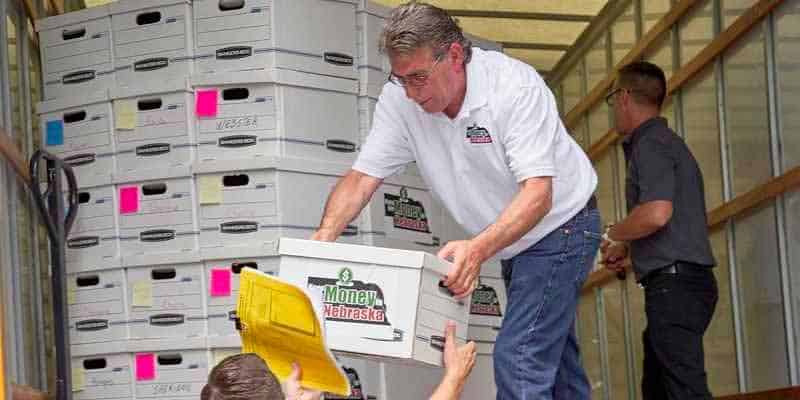An economic collapse, a global pandemic, and a contested election all walk into a bar. The bar’s name: 2020.
Despite the hardships of the past year, there are places where the US betting industry took a win. Six places to be exact. This year several key pieces of legislation and citizen’s initiatives made their way onto state ballots.
2020 ballot measures in Colorado, Louisiana, Maryland, Nebraska, South Dakota, and Virginia, expanded the gambling markets in their respective jurisdictions in meaningful ways.
Colorado
Residents voted on two gambling ballot measures this election that will provide a little more freedom to operators involved in Colorado gambling entertainment: Amendment C and Amendment 77. Amendment C removes restrictions on bingo and raffle gaming events hosted by non-profit and charity organizations. Amendment 77 removes wager caps and restrictions on the types of gambling games available for licensed operators in the cities of Central City, Black Hawk and Cripple Creek.
- Colorado Amendment C Results: Passed 51.9% – 48.1%
- Colorado Amendment 77 Results: Passed 60.1% – 39.9%
Louisiana
Louisianans voted on the gambling ballot measure Act 215. Act 215 allows LA’s individual parishes the opportunity to vote for legal sports wagering within their respective parishes. This includes sports wagering by any method or system such as online sports betting in Lousiana.
- Louisiana Act 215 Results: 56 Parishes Approve, 8 Parishes Disapprove
Approved: Acadia, Allen, Ascension, Assumption, Avoyelles, Beauregard, Bienville, Bossier, Caddo, Calcasieu, Cameron, Claiborne, De Soto, East Baton Rouge, East Carroll, East Feliciana, Evangeline, Grant, Iberia, Iberville, Jackson, Jefferson Davis, Jefferson, Lafayette, Lafourche, Lincoln, Livingston, Madison, Morehouse, Natchitoches, Orleans, Ouachita, Plaquemines, Pointe Coupee, Rapides, Red River, Richland, St. Bernard, St. Charles, St. Helena, St. James, St. John The Baptist, St. Landry, St. Martin, St. Mary, St. Tammany, Tangipahoa, Tensas, Terrebonne, Vermilion, Vernon, Washington, Webster, West Baton Rouge, West Feliciana
Disapproved: Caldwell, Catahoula, Franklin, LaSalle, Sabine, Union, West Carroll, Winn
Maryland
Maryland residents voted on gambling ballot measure, Question 2. Question 2 allows the State Lottery and Gaming Control Commission to issue sports wagering licenses and allow sports wagering activities for public education and other funding purposes at the legislature’s discretion, officially legalizing sports betting in Maryland.
- Maryland Question 2 Results: Passed 66.5% – 33.5%
Nebraska
Nebraskans voted on three concurrent gambling ballot measures, Initiatives 429, 430, and 431. The measures remove the regulations against allowing gambling and allows licensed gaming operators in Nebraskan racetracks to conduct games of chance. It establishes the Nebraska Gaming Commission as the regulatory body over gaming operators providing NE gambling options.
- Nebraska Initiative 429 Results: Passed 64.9% – 35.1%
- Nebraska Initiative 430 Results: Passed 64.9% – 35.1%
- Nebraska Initiative 431 Results: Passed 68.6% – 31.4%
South Dakota
South Dakotans had one gambling measure on their ballot, Amendment B. The Amendment changed the SD constitution to give the legislature power to authorize wagering on sporting events within the city limits of Deadwood. While this does not yet officially legalize state-regulated sports betting in South Dakota. However, it does open the door for it should the legislature be so inclined.
- South Dakota Amendment B Results: Passed 58.5% – 41.5%
Virginia
Lastly, Virginians also had a gambling measure on their ballot, The Norfolk Casino Gambling Measure. The measure asked voters whether to permit a casino gaming establishment in the City of Norfolk as may be approved by the Virginia Lottery Board. Clearly residents are in favor of expanding Virginia casino gambling options.
- Norfolk Casino Gambling Measure Results: Passed 65.1% – 34.9%
Sources:
Ballotpedia

